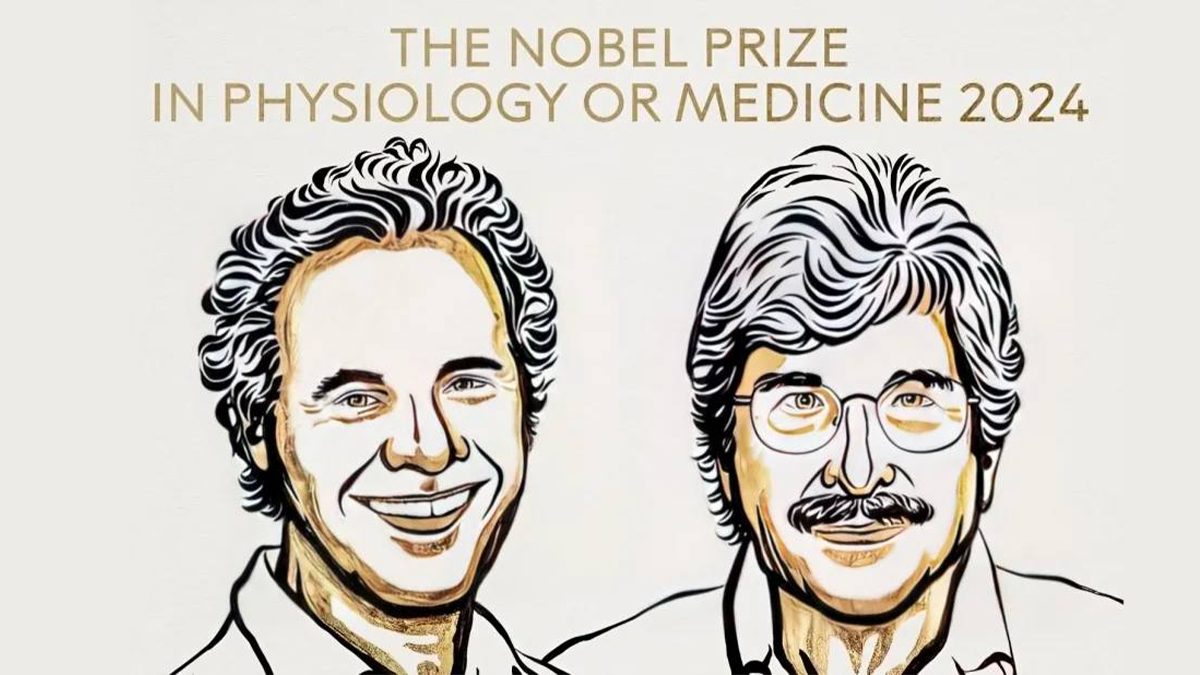On October 7, 2024, The Nobel Assembly at Karolinska Institutet has awarded the 2024 Nobel Prize in Physiology or Medicine jointly to Victor Ambros and Gary Ruvkun for their pivotal discovery of microRNA and its essential role in post-transcriptional gene regulation.
This groundbreaking work has significantly advanced our understanding of how gene activity is controlled within cells. The Nobel Committee highlighted that this discovery reveals a fundamental principle governing gene regulation, which is crucial for multicellular organisms, including humans.
About Nobel Prize in Physiology or Medicine
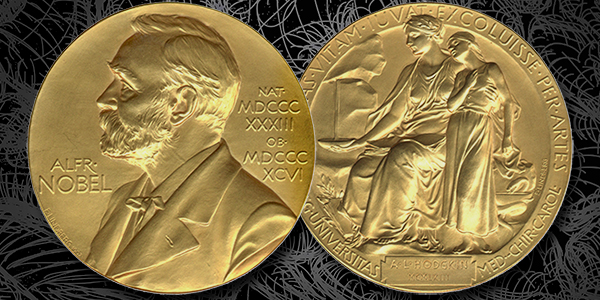
The Nobel Prize in Physiology or Medicine is an award presented annually by the Nobel Assembly at the Karolinska Institute in Sweden. It honors remarkable discoveries in the fields of physiology and medicine that significantly benefit humanity.
Established by the will of Alfred Nobel in 1895, this prize is one of five Nobel Prizes, alongside those for Physics, Chemistry, Literature, Peace, and Economic Sciences.The prize was first awarded in 1901 to Emil von Behring for his pioneering work on serum therapy. It is granted to individuals whose contributions have a profound impact on human health and understanding. The Nobel Prize in Physiology or Medicine has been awarded 116 times to a total of 229 laureates.
This year the prize has been awarded to Victor Ambros and Gary Ruvkun for their groundbreaking discovery of microRNA and its crucial role in gene regulation. The monetary award for this year is set at 11 million Swedish kronor, approximately £810,000. The presentation ceremony takes place annually on December 10, commemorating the anniversary of Alfred Nobel’s death. The Nobel Prize in Physiology or Medicine has a rich history and has recognized many transformative discoveries that have shaped modern medicine and biology.
Victor Ambros
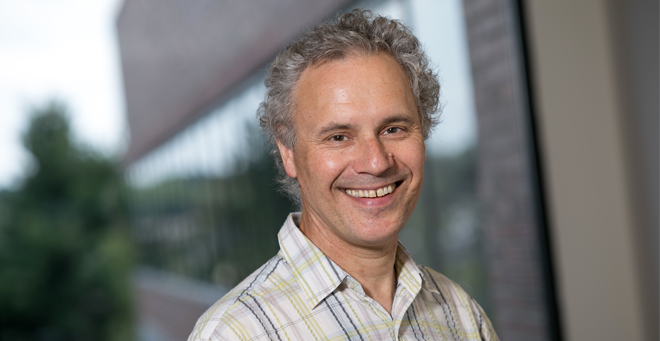
Victor Ambros was born in 1953 in Hanover, New Hampshire, USA. He earned his PhD from the Massachusetts Institute of Technology (MIT) in 1979, where he also conducted postdoctoral research from 1979 to 1985. In 1985, he became a Principal Investigator at Harvard University and later served as a professor at Dartmouth Medical School from 1992 to 2007. Currently, he holds the position of Silverman Professor of Natural Science at the University of Massachusetts Medical School in Worcester, MA.
In 1993, Ambros and his colleagues identified the first microRNA, the product of the lin-4 gene in C. elegans. This discovery revealed a new class of small RNA molecules that play crucial roles in regulating gene expression by inhibiting translation or destabilizing mRNA targets.
In 2005, Victor Ambros was honored with the Lewis S. Rosenstiel Award for Distinguished Work in Basic Medical Research. This award recognized his pioneering achievements in the discovery of gene silencing by double-stranded RNA, particularly his identification of the first microRNA gene, lin-4, in the nematode Caenorhabditis elegans. This work has had a profound impact on the field of genetics and understanding of gene regulation.
He shared this award with notable scientists Andrew Fire, Craig Mello, and Gary Ruvkun, all of whom contributed significantly to the understanding of RNA interference and its role in gene regulation. The award is presented annually by Brandeis University, highlighting significant contributions to basic medical research.
Gary Ruvkun
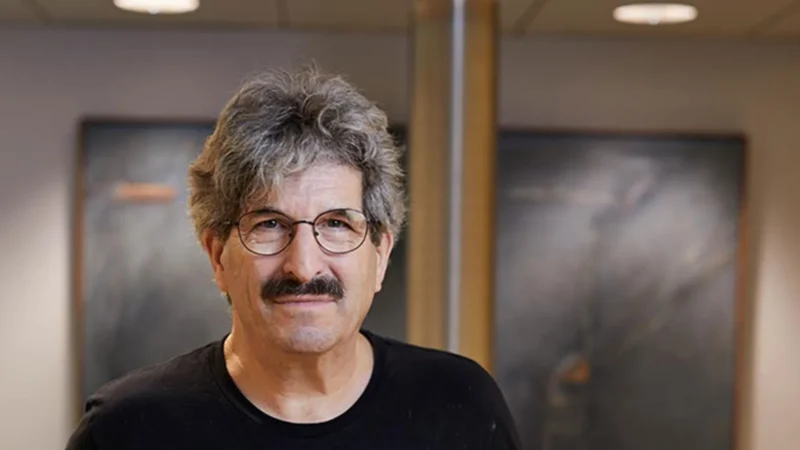
Gary Ruvkun was born in 1952 in Berkeley, California, USA. He received his PhD from Harvard University in 1982, where he studied bacterial nitrogen fixation genes under the supervision of Frederick M. Ausubel. Following his doctoral studies, Ruvkun completed a postdoctoral fellowship at the Massachusetts Institute of Technology (MIT) from 1982 to 1985, working in the lab of Robert Horvitz.
In 1985, Ruvkun became a Principal Investigator at Massachusetts General Hospital and Harvard Medical School, where he currently holds the position of Professor of Genetics. His research has primarily focused on microRNAs and RNA interference mechanisms, exploring their roles in gene regulation and cellular processes. He is particularly known for his discovery of the second microRNA, let-7, which is conserved across various animal species, including humans. His work has significantly advanced the understanding of how small RNA molecules regulate gene expression and contribute to developmental processes.
Throughout his career, Ruvkun has received numerous accolades for his contributions to molecular biology, including the Albert Lasker Award for Basic Medical Research, the Gairdner International Award, and the Breakthrough Prize in Life Sciences.
“We were young faculty members wanting to make sure we were successful at the next stage of our careers. We weren’t thinking that this is going to win a Nobel Prize, we were thinking this is really interesting. As the field exploded, which is just a joy to watch, then there was a sense that this is the sort of field, the sort of sea-change that gets awards and things. But that took a long time and was an unbelievable pleasure to watch, to participate in. The talent that got attracted to the field was magnificent. And the meetings with, you know, two hundred or three hundred people were electrifying, and still are great.”
Victor Ambros and Gary Ruvkun
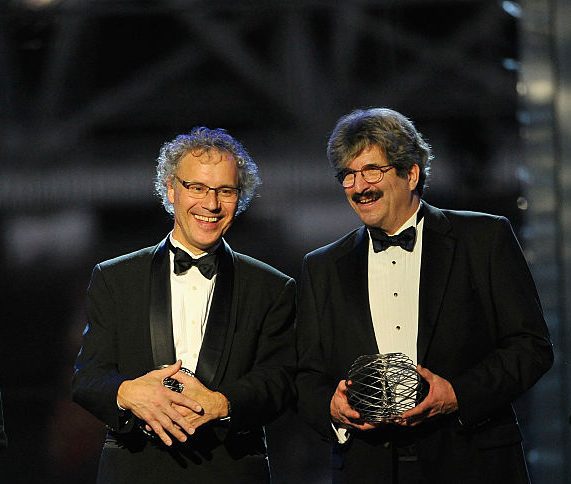
Victor Ambros and Gary Ruvkun have a significant history of collaboration. Their partnership began during their time at the Massachusetts Institute of Technology (MIT), where they worked in the laboratory of Robert Horvitz. This environment fostered an atmosphere of innovation and exploration, allowing them to delve into the genetic pathways of the nematode Caenorhabditis elegans.
In the early 1990s, Ambros and Ruvkun focused their research on understanding how specific genes regulate developmental processes. Their work culminated in the discovery of the first microRNA, known as lin-4. In 1993, they published pivotal papers that described how lin-4 regulates the translation of its target gene, lin-14. This discovery introduced microRNAs as a new class of regulatory molecules that play critical roles in gene expression and cellular function.The implications of their findings extended far beyond C. elegans, influencing research across various organisms, including humans.
Victor Ambros and Gary Ruvkun have received several prestigious awards throughout their careers, notably the Lewis S. Rosenstiel Award for Distinguished Work in Basic Medical Research in 2004. This award recognized their pioneering achievements in the discovery of gene silencing by double-stranded RNA, which was a significant advancement in understanding gene regulation. In 2012, they were jointly awarded the Dr. Paul Janssen Award for Biomedical Research, recognizing their impactful work in biomedical science.

“BREAKING NEWS
The Nobel Assembly at the Karolinska Institutet has today decided to award the 2024 Nobel Prize in Physiology or Medicine to Victor Ambros and Gary Ruvkun for the discovery of microRNA and its role in post-transcriptional gene regulation.
This year’s Nobel Prize honours two scientists for their discovery of a fundamental principle governing how gene activity is regulated.
The information stored within our chromosomes can be likened to an instruction manual for all cells in our body. Every cell contains the same chromosomes, so every cell contains exactly the same set of genes and exactly the same set of instructions. Yet, different cell types, such as muscle and nerve cells, have very distinct characteristics. How do these differences arise? The answer lies in gene regulation, which allows each cell to select only the relevant instructions. This ensures that only the correct set of genes is active in each cell type.
This year’s medicine laureates Victor Ambros and Gary Ruvkun were interested in how different cell types develop. They discovered microRNA, a new class of tiny RNA molecules that play a crucial role in gene regulation. Their groundbreaking discovery revealed a completely new principle of gene regulation that turned out to be essential for multicellular organisms, including humans. It is now known that the human genome codes for over one thousand microRNAs. Their surprising discovery revealed an entirely new dimension to gene regulation. MicroRNAs are proving to be fundamentally important for how organisms develop and function.”
NIH:
“Congratulations to the 2024 recipients of The Nobel Prize in Physiology or Medicine! NIH is proud to have supported the research of Drs. Victor Ambros (UMass Chan Medical School) and Gary Ruvkun (Mass General Hospital), who received the Nobel Prize for “for the discovery of microRNA and its role in post-transcriptional gene regulation.” Their groundbreaking discovery of microRNA in roundworms revealed a new principle of gene regulation and is proving to be fundamental in how organisms develop and function. Read more about their award-winning research.”
Stay tuned by visiting oncodaily.com
